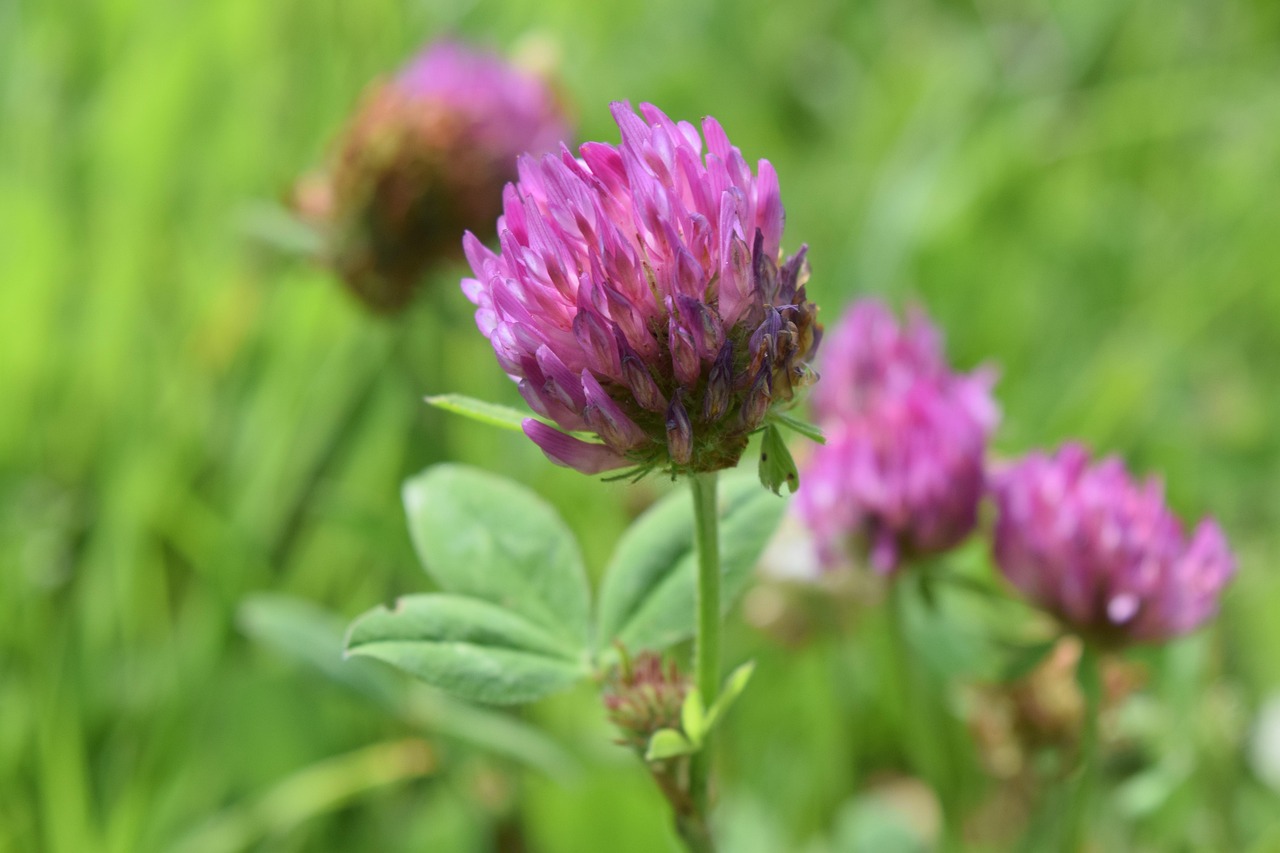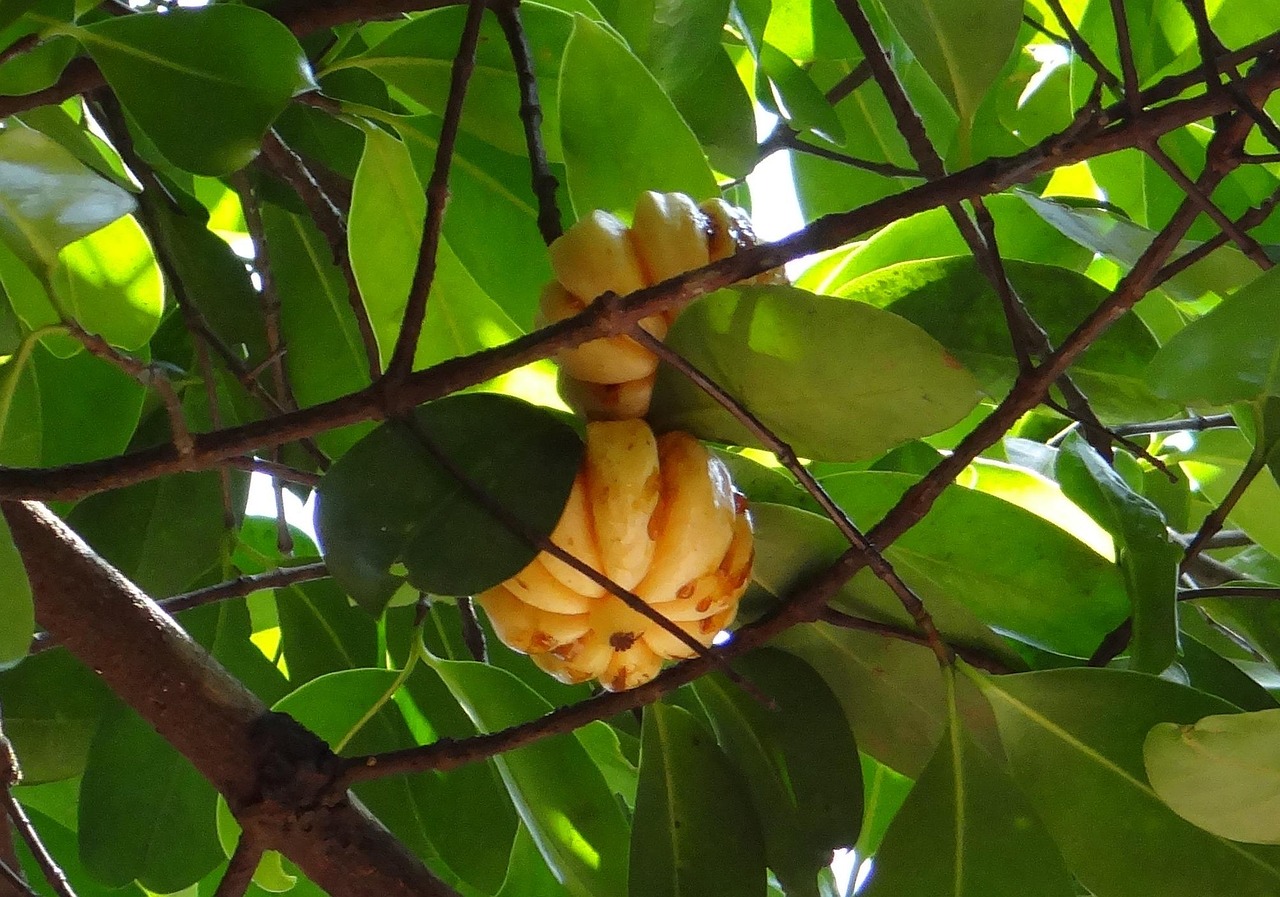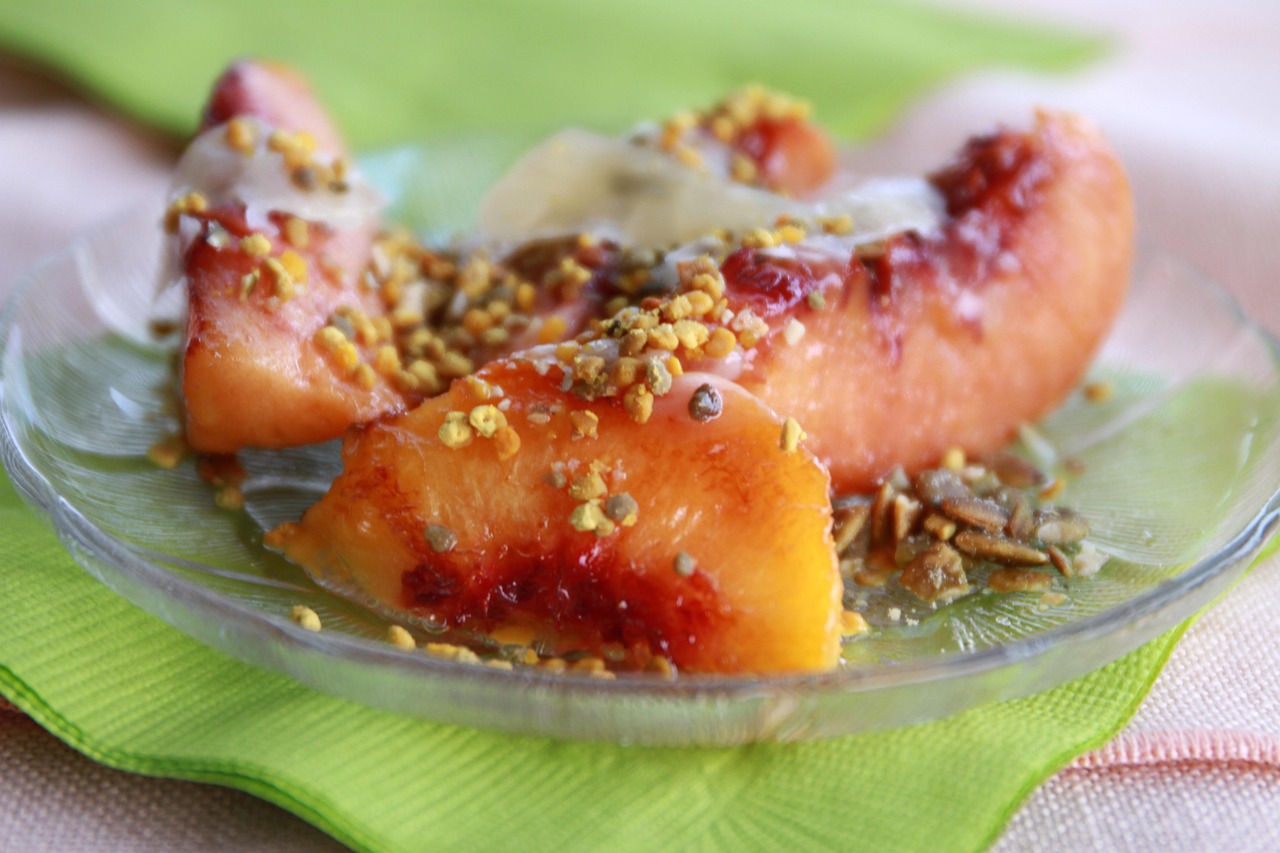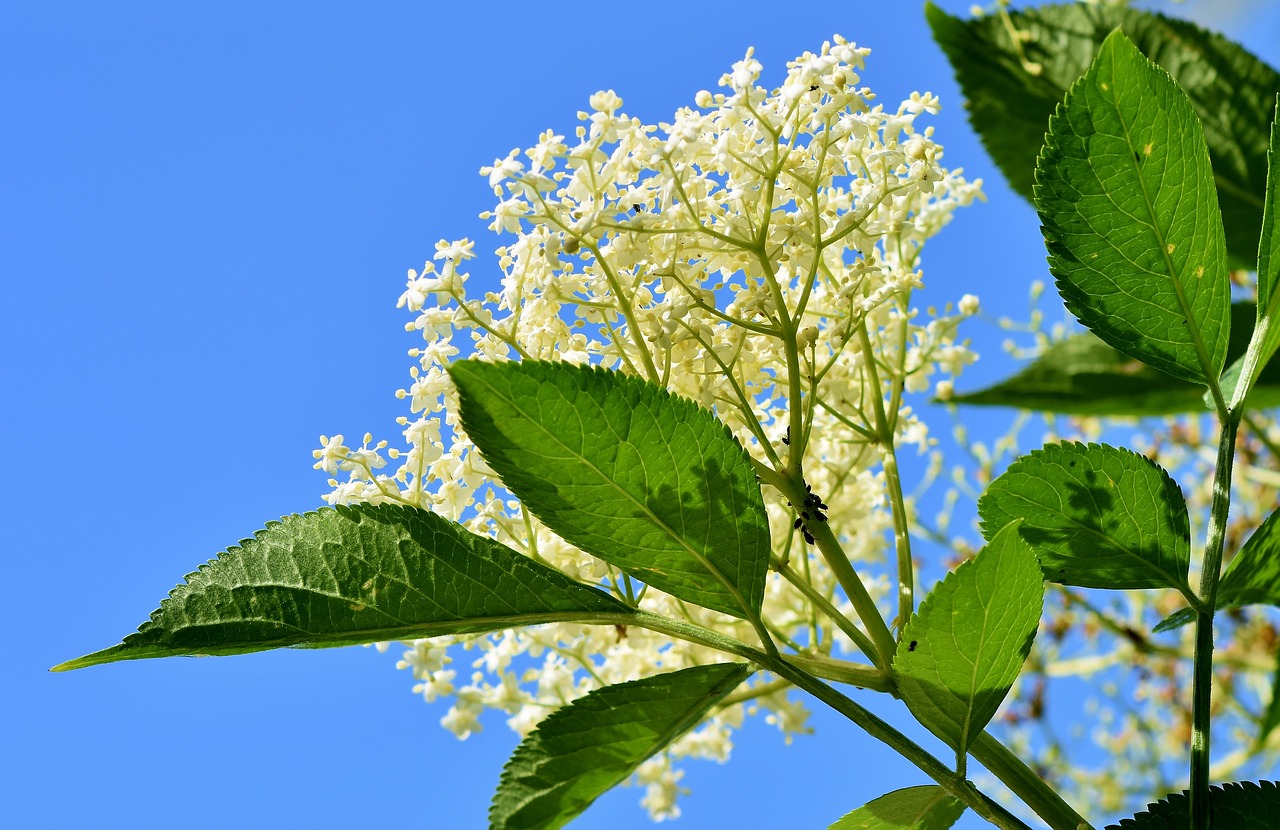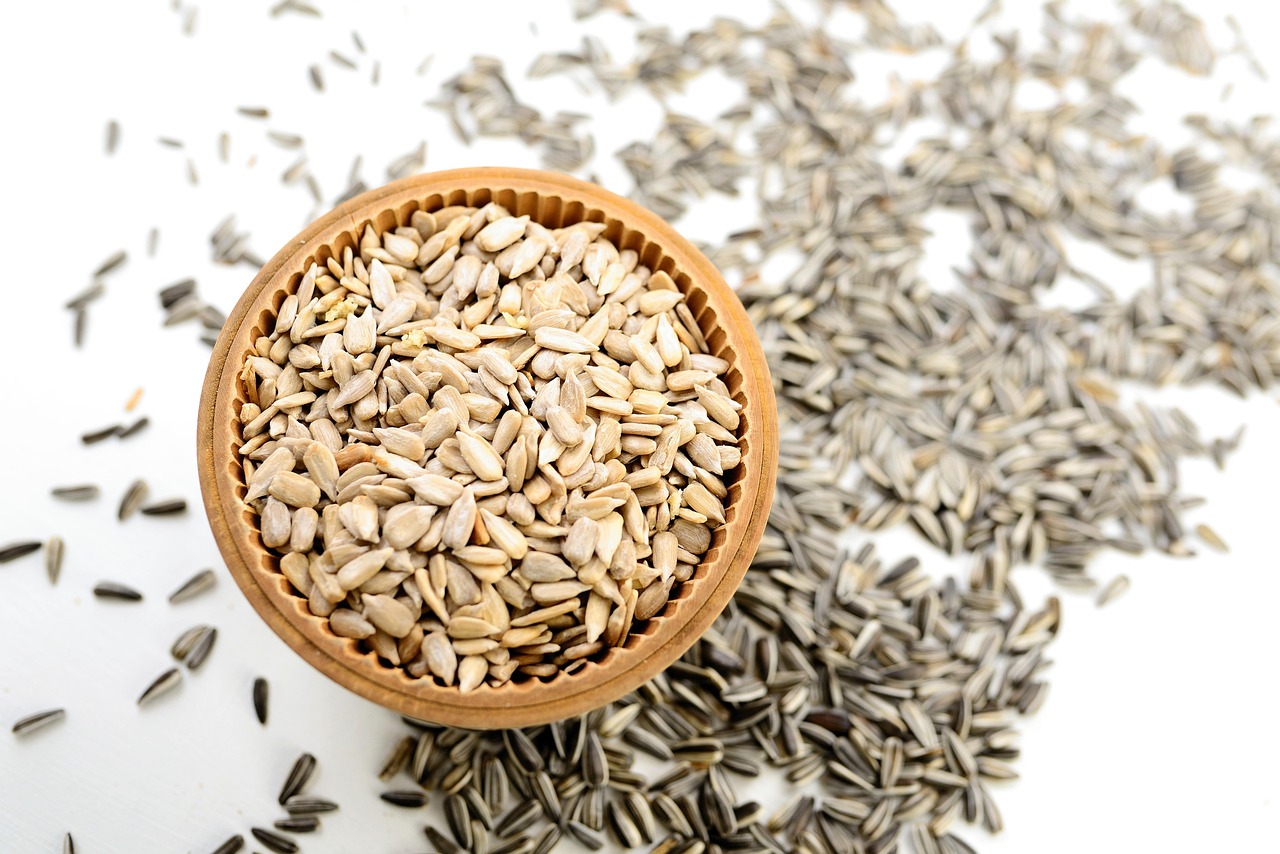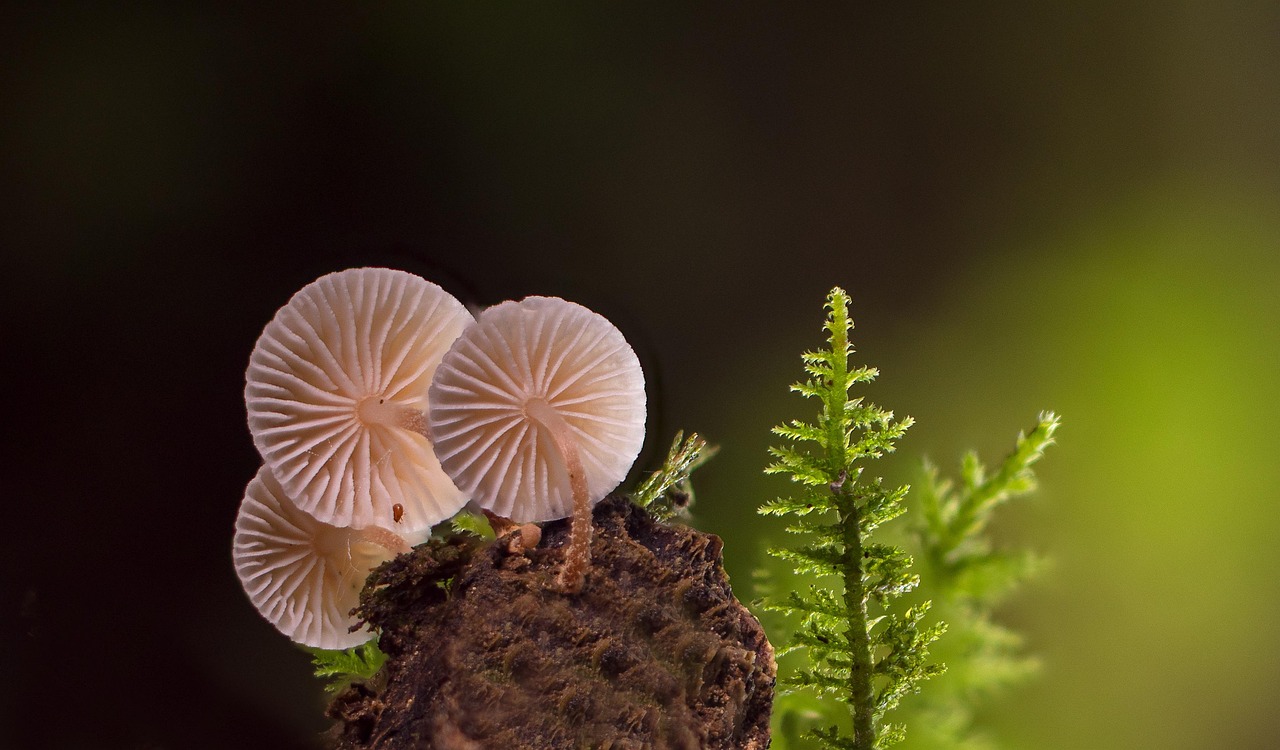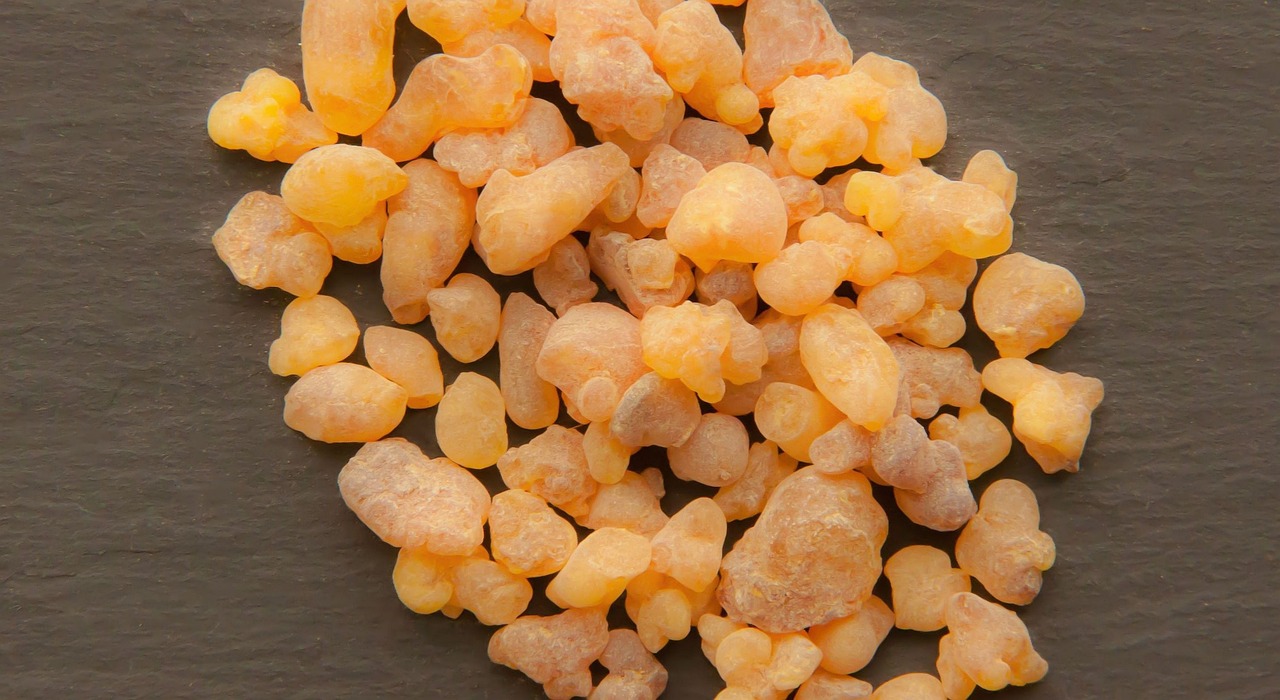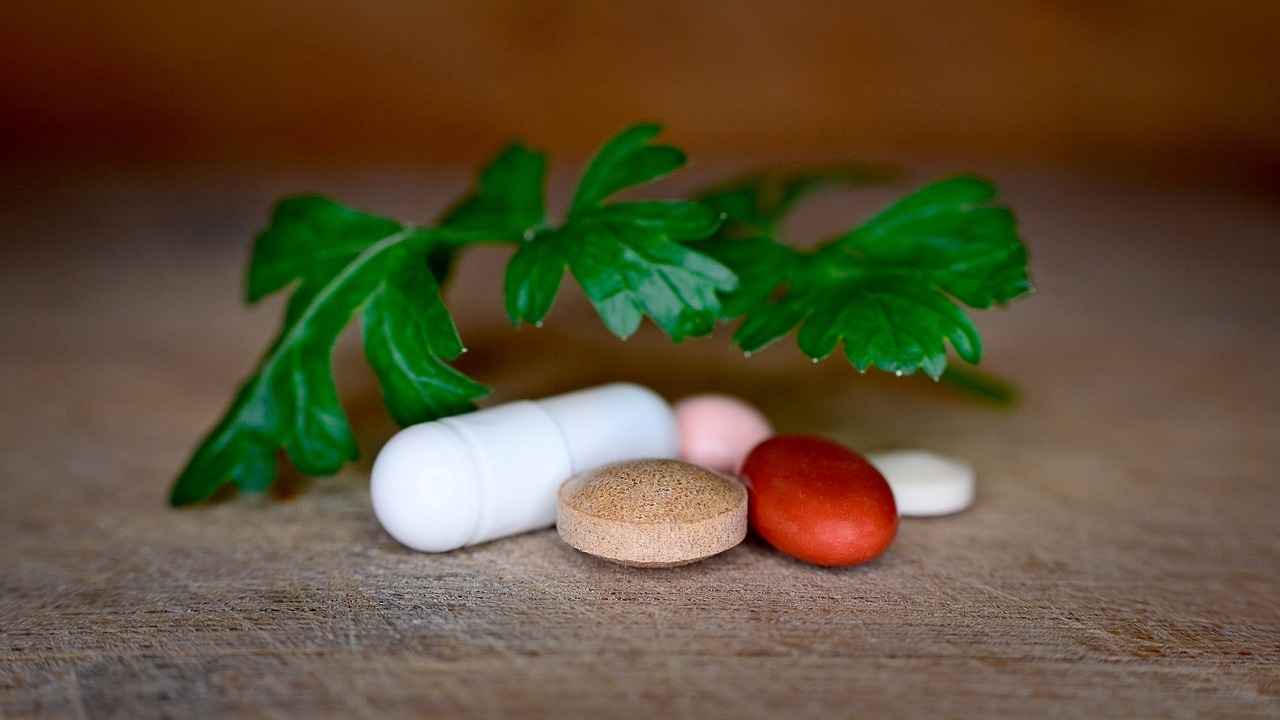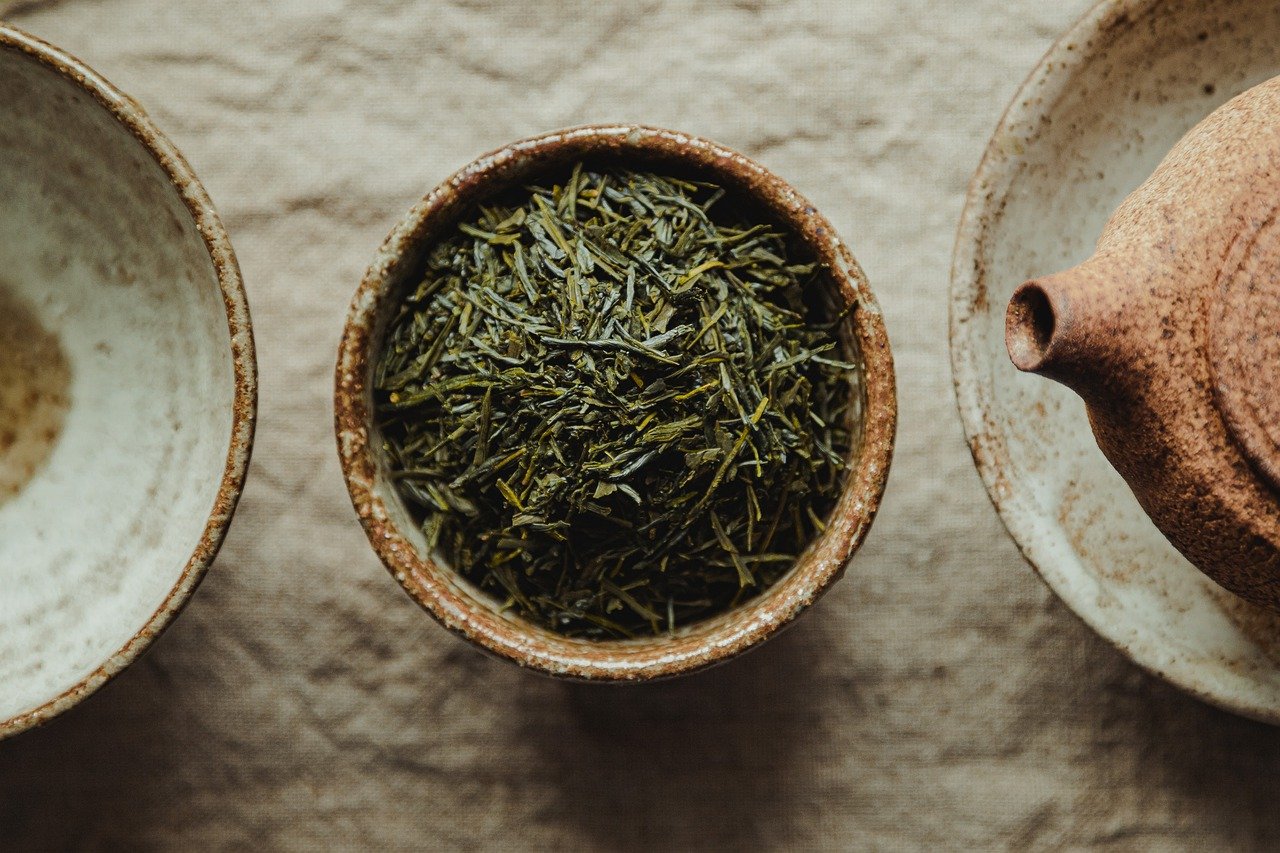This article delves into the prostate health benefits of Pygeum Africanum, exploring its uses, scientific backing, and potential effects on men’s health.
What is Pygeum Africanum?
Pygeum Africanum, derived from the bark of the African plum tree, is a herbal remedy traditionally used for various ailments, particularly those related to prostate health. Its active compounds have been shown to support urinary function and overall well-being.
Historical Uses of Pygeum Africanum
Historically, Pygeum Africanum has been utilized in African medicine for centuries, primarily for its anti-inflammatory properties and its role in treating urinary issues. It has been an integral part of traditional healing practices, reflecting its importance in men’s health.
Scientific Research on Pygeum Africanum
Numerous studies have examined the efficacy of Pygeum Africanum in supporting prostate health. Research indicates that this herbal remedy may alleviate symptoms associated with Benign Prostatic Hyperplasia (BPH), improving urinary flow and reducing nighttime awakenings.
Health Benefits of Pygeum Africanum
- Effects on BPH: Research suggests that Pygeum Africanum can help manage BPH symptoms, enhancing quality of life for many men.
- Anti-Inflammatory Properties: The anti-inflammatory effects of this herb contribute to its effectiveness in managing prostate-related issues.
Potential Side Effects and Considerations
While generally considered safe, Pygeum Africanum may have side effects. Some users report mild gastrointestinal discomfort or headaches, emphasizing the importance of monitoring individual reactions.
How to Incorporate Pygeum Africanum into Your Routine
Incorporating Pygeum Africanum into daily routines can be straightforward. Choosing the right form—whether capsules, extracts, or teas—can influence its effectiveness. Consulting with healthcare professionals before starting any new supplement ensures safe and tailored usage.
Conclusion: The Future of Pygeum Africanum in Prostate Health
As research continues, Pygeum Africanum holds promise for enhancing prostate health, offering a natural alternative for those seeking relief from prostate-related issues. Its potential benefits warrant further exploration and consideration.

What is Pygeum Africanum?
Pygeum Africanum, a herbal remedy derived from the bark of the African plum tree, has been utilized for centuries in traditional African medicine. This remarkable tree, native to the regions of Africa, has gained recognition for its potential health benefits, particularly concerning prostate health. The extract from the bark is rich in phytosterols and other compounds that are believed to contribute to its therapeutic effects.
Historically, Pygeum Africanum has been employed to address various ailments, especially those affecting the urinary system. Its use is deeply rooted in the cultural practices of many African communities, where it is often regarded as a valuable natural remedy. The bark is typically harvested and processed into different forms, such as powders, capsules, and teas, making it accessible for various uses.
The primary focus of Pygeum Africanum is its potential to support men’s health, particularly in relation to conditions such as benign prostatic hyperplasia (BPH). Research suggests that it may help alleviate symptoms associated with BPH, including difficulties in urination and frequent nighttime urination. This has made it a popular choice among men seeking natural alternatives to conventional treatments.
Moreover, the anti-inflammatory properties of Pygeum Africanum are significant, as they contribute to its efficacy in managing prostate-related issues. By reducing inflammation, it may promote better urinary function and overall prostate health.
In conclusion, Pygeum Africanum stands out as a promising herbal remedy with a long history of use in traditional medicine. Its potential benefits for prostate health and urinary function make it a subject of interest for both researchers and individuals seeking natural health solutions.

Historical Uses of Pygeum Africanum
Pygeum Africanum, known for its myriad health benefits, has a rich history in traditional African medicine. For centuries, indigenous cultures have recognized the bark of the African plum tree not only for its anti-inflammatory properties but also for its essential role in addressing various urinary issues.
This herbal remedy has been particularly valued in the treatment of conditions affecting men’s health, such as benign prostatic hyperplasia (BPH). In many communities, it is common to see Pygeum Africanum incorporated into traditional healing practices, where it is often used in conjunction with other natural remedies to enhance its effectiveness.
In addition to its use in managing urinary tract health, Pygeum Africanum has been employed to improve overall well-being. The bark is typically prepared in various forms, including teas, tinctures, and capsules, allowing for flexible usage depending on individual preferences. These preparation methods have been passed down through generations, highlighting the significance of this herb in cultural practices.
The historical applications of Pygeum Africanum also extend to its role in promoting sexual health and vitality among men. Traditional healers often recommended it for enhancing libido and addressing other related issues, showcasing its multifaceted benefits.
As awareness of Pygeum Africanum grows globally, modern research continues to validate its traditional uses, providing a scientific foundation for its efficacy. This convergence of ancient wisdom and contemporary science offers promising avenues for those seeking natural remedies for prostate and urinary health.
In summary, the historical significance of Pygeum Africanum in African medicine underscores its potential as a valuable asset in modern health practices. As we continue to explore its benefits, it remains an important herbal remedy with a storied past and a hopeful future in supporting men’s health.
Traditional Medicine Practices
In numerous African cultures, Pygeum Africanum holds a significant place in traditional medicine, celebrated for its remarkable therapeutic properties. This herbal remedy, derived from the bark of the African plum tree, has been utilized for centuries, particularly in practices aimed at enhancing men’s health.
Historically, the use of Pygeum Africanum has been intertwined with various cultural rituals and healing practices. Healers often incorporate this powerful bark into their treatments, recognizing its potential to address a range of health concerns, particularly those related to the prostate. The bark is traditionally prepared in several forms, including decoctions and infusions, which are believed to harness its healing properties effectively.
One of the most notable aspects of Pygeum Africanum is its role in managing urinary issues. Many men experiencing symptoms related to benign prostatic hyperplasia (BPH) have turned to this natural remedy as a means of relief. The anti-inflammatory properties of Pygeum Africanum are thought to play a crucial role in reducing inflammation in the prostate, thereby improving urinary function and overall well-being.
| Preparation Method | Description |
|---|---|
| Teas | Brewing the bark to create a soothing drink that may aid in urinary health. |
| Tinctures | Concentrated extracts that can be taken in small doses for enhanced effects. |
| Capsules | Convenient form for those who prefer a standardized dosage. |
Through these traditional practices, Pygeum Africanum has become not just a remedy, but a symbol of cultural heritage, reflecting a deep understanding of natural medicine. Its incorporation in daily health routines showcases the respect and trust that many African communities place in this remarkable plant.
As modern science continues to explore the benefits of Pygeum Africanum, its traditional uses remain a testament to the wisdom of ancient healing practices, highlighting the importance of integrating cultural knowledge with contemporary health approaches.
Preparation Methods
Pygeum Africanum, known for its numerous health benefits, particularly in supporting prostate health, can be prepared in various forms. Each method of preparation offers unique advantages, making it accessible to a wide range of users. Below are some of the most common preparation methods:
- Teas: One of the most traditional ways to prepare Pygeum Africanum is by making herbal teas. This method involves steeping the bark in hot water, allowing the beneficial compounds to infuse into the liquid. Drinking Pygeum tea can be a soothing ritual, providing not only health benefits but also a moment of relaxation.
- Tinctures: Tinctures are concentrated liquid extracts made by soaking the bark in alcohol or vinegar. This method extracts a higher concentration of active ingredients, making tinctures a potent option for those seeking stronger effects. They are easy to administer, often requiring only a few drops, and can be mixed with water or juice for improved taste.
- Capsules: For those who prefer convenience, Pygeum Africanum is also available in capsule form. This method allows for precise dosing without the need for preparation. Capsules are ideal for individuals with busy lifestyles, ensuring that they can easily incorporate this supplement into their daily routine.
- Powder: Another preparation method is the powdered form of Pygeum Africanum. This can be added to smoothies, yogurt, or other foods, providing flexibility in how it is consumed. The powder can also be mixed into herbal blends for additional health benefits.
Each of these preparation methods caters to different preferences and lifestyles, making Pygeum Africanum a versatile herbal remedy. Whether you enjoy a warm cup of tea, prefer the potency of a tincture, or opt for the convenience of capsules, there is a suitable option for everyone.
Incorporating Pygeum Africanum into your health regimen can be a simple yet effective way to support prostate health and overall well-being.
Dosage Recommendations
Understanding the appropriate dosage of Pygeum Africanum is essential for maximizing its health benefits while minimizing any potential side effects. This herbal remedy, derived from the bark of the African plum tree, has gained popularity for its positive effects on prostate health. However, the effectiveness of Pygeum Africanum is closely linked to its dosage.
Research suggests that the typical dosage for Pygeum Africanum ranges from 100 to 200 mg per day. This dosage is often recommended to help alleviate symptoms associated with benign prostatic hyperplasia (BPH) and improve overall urinary function. It is crucial to start with a lower dose and gradually increase it based on individual tolerance and response.
Moreover, the method of preparation can influence the efficacy of Pygeum Africanum. For instance, extracts may provide a more concentrated dose compared to teas or capsules. Therefore, understanding the form of Pygeum Africanum you are using is just as important as the dosage itself.
| Form | Recommended Dosage |
|---|---|
| Capsules | 100-200 mg daily |
| Extracts | 50-100 mg daily |
| Teas | 1-2 cups daily |
It is also advisable to consult with a healthcare professional before starting any new supplement regimen. This is particularly important for individuals with pre-existing health conditions or those taking other medications, as interactions may occur.
In conclusion, proper dosage of Pygeum Africanum is vital for achieving its prostate health benefits. By adhering to recommended dosages and consulting with healthcare providers, users can enhance their experience while minimizing potential side effects.
Scientific Research on Pygeum Africanum
In recent years, Pygeum Africanum has gained significant attention in scientific circles for its potential benefits in supporting prostate health. This herbal remedy, derived from the bark of the African plum tree, has been the subject of numerous studies aimed at understanding its efficacy and mechanisms of action.
Research indicates that Pygeum Africanum contains a variety of active compounds, including phytosterols and triterpenes, which are believed to contribute to its health benefits. These compounds exhibit anti-inflammatory properties, which can be crucial in managing conditions like Benign Prostatic Hyperplasia (BPH). BPH is a common condition affecting older men, characterized by an enlarged prostate that can lead to urinary difficulties.
| Study | Findings |
|---|---|
| Study A (2016) | Showed significant reduction in urinary symptoms in men taking Pygeum Africanum extract. |
| Study B (2018) | Found improvements in urinary flow rates and reduced nocturia in subjects. |
| Study C (2020) | Highlighted anti-inflammatory effects that support overall prostate health. |
Moreover, a meta-analysis of multiple clinical trials has confirmed that men who supplement with Pygeum Africanum report fewer urinary symptoms compared to those who do not. This aligns with traditional uses of the herb in African medicine, where it has been utilized for centuries to address urinary issues and support prostate health.
While the existing research is promising, it is essential for individuals to consult healthcare professionals before starting any new supplement regimen. This ensures that any potential interactions with existing medications or underlying health conditions are taken into account.
In conclusion, the scientific evidence supporting the use of Pygeum Africanum for prostate health is becoming increasingly robust. As more studies emerge, it may solidify its place as a valuable option in the management of prostate-related health issues.
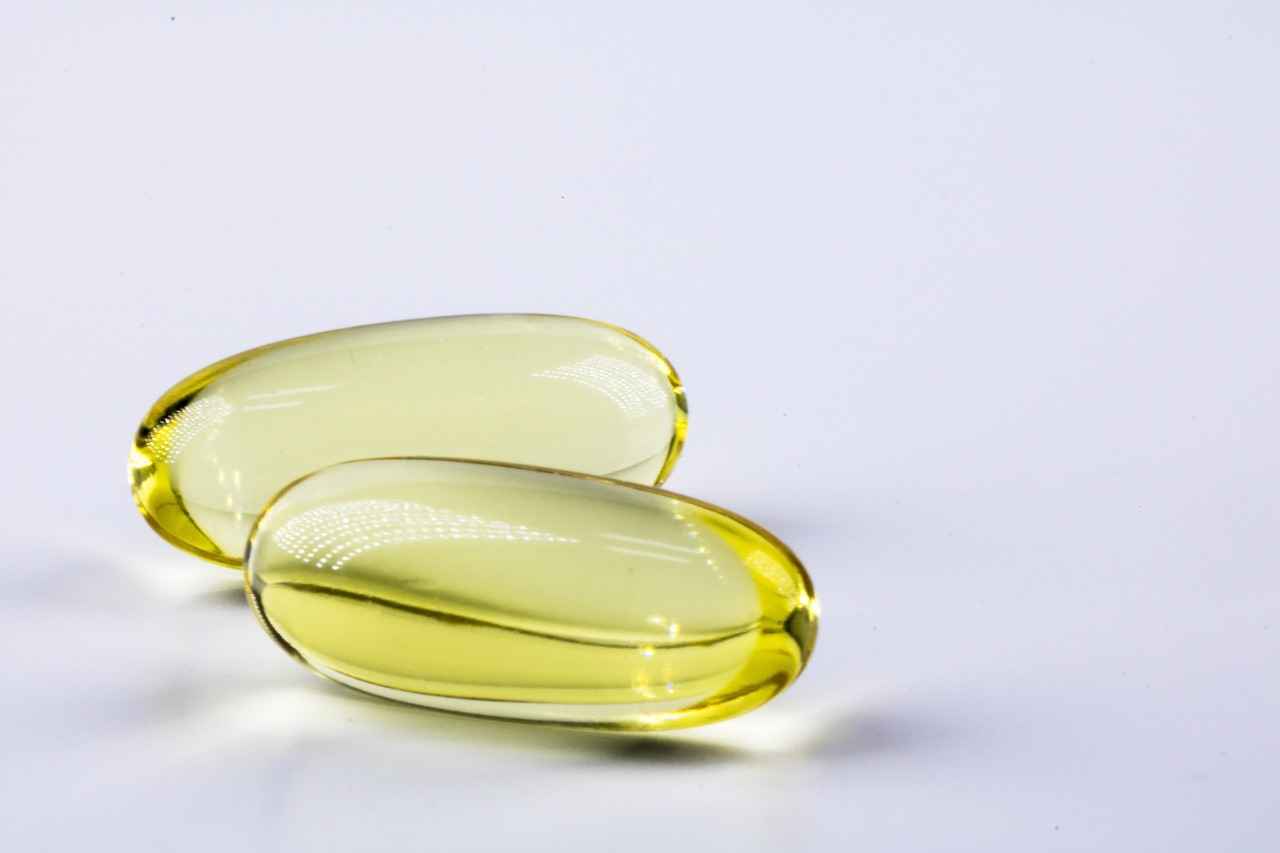
Health Benefits of Pygeum Africanum
Pygeum Africanum, derived from the bark of the African plum tree, is not only renowned for its positive effects on prostate health but also offers a myriad of other health benefits. This herbal remedy has been used for centuries in traditional African medicine, and modern research continues to uncover its potential.
- Enhanced Urinary Function: One of the most significant benefits of Pygeum Africanum is its ability to improve urinary function. It is particularly beneficial for individuals experiencing benign prostatic hyperplasia (BPH), as it helps to alleviate urinary symptoms such as frequent urination, urgency, and weak stream.
- Anti-Inflammatory Effects: The anti-inflammatory properties of Pygeum Africanum play a crucial role in reducing inflammation in the prostate gland, which can lead to improved overall prostate health. This can be particularly helpful for older men who are more susceptible to prostate issues.
- Support for Sexual Health: Some studies suggest that Pygeum Africanum may enhance sexual health and libido, making it a valuable addition to men’s health regimens.
- Rich in Phytosterols: Pygeum Africanum contains phytosterols, which are known to support healthy cholesterol levels. This can contribute to better cardiovascular health, providing an additional layer of benefit.
Incorporating Pygeum Africanum into your daily routine can be done through various forms, including capsules, extracts, and teas. It’s essential to consult with a healthcare professional to determine the appropriate dosage and form that suits your individual health needs.
While generally safe, it is important to be aware of potential side effects, which may include gastrointestinal discomfort or headaches. Monitoring your body’s reactions can help ensure a positive experience with this herbal remedy.
In conclusion, the health benefits of Pygeum Africanum extend far beyond prostate health. With its potential to enhance urinary function, reduce inflammation, and support overall well-being, it serves as a holistic approach to men’s health. As research continues to evolve, Pygeum Africanum may become an increasingly popular natural alternative for those seeking to improve their health.
Effects on Benign Prostatic Hyperplasia (BPH)
Benign Prostatic Hyperplasia (BPH) is a common condition that affects many men as they age. It is characterized by an enlarged prostate gland, which can lead to a range of uncomfortable urinary symptoms. Research indicates that Pygeum Africanum, derived from the bark of the African plum tree, may offer significant relief for those suffering from BPH.
Clinical studies have shown that Pygeum Africanum can help in alleviating symptoms associated with BPH. One of the primary benefits observed is an improvement in urinary flow, which is crucial for individuals experiencing difficulty in urination. Additionally, users have reported a reduction in nighttime awakenings, allowing for better sleep quality and overall well-being.
- Improved Urinary Flow: Many studies highlight that Pygeum Africanum can enhance the flow of urine, making it easier for men to empty their bladders.
- Reduced Frequency of Nighttime Urination: One of the most bothersome symptoms of BPH is the need to wake frequently at night to urinate. Research suggests that Pygeum Africanum can significantly reduce this frequency.
- Enhanced Quality of Life: By alleviating these symptoms, Pygeum Africanum contributes to a better quality of life for men dealing with BPH.
Furthermore, the effectiveness of Pygeum Africanum is attributed to its anti-inflammatory properties, which may help reduce prostate swelling and improve overall prostate health. This makes it a valuable option for those looking for natural remedies to manage their symptoms.
In conclusion, the potential benefits of Pygeum Africanum for men suffering from BPH are supported by various studies, making it a promising herbal remedy. As always, it is advisable for individuals to consult with healthcare professionals before starting any new treatment to ensure it aligns with their specific health needs.
Anti-Inflammatory Properties
Pygeum Africanum, an herbal remedy derived from the bark of the African plum tree, is widely recognized for its , which play a crucial role in promoting prostate health. This natural supplement has been utilized in traditional medicine for centuries, particularly in African cultures, where it has been employed to address various health issues, especially those related to men’s health.
The anti-inflammatory effects of Pygeum Africanum are primarily attributed to its rich composition of phytosterols, fatty acids, and other bioactive compounds. These constituents work synergistically to reduce inflammation in the prostate gland, which is essential for managing conditions such as benign prostatic hyperplasia (BPH). By alleviating swelling and discomfort, Pygeum Africanum helps improve urinary function and overall quality of life for men experiencing prostate-related issues.
Research has shown that the use of Pygeum Africanum can lead to significant improvements in urinary symptoms associated with BPH. This includes enhanced urinary flow, decreased frequency of nighttime urination, and a reduction in the urgency to urinate. The anti-inflammatory properties of this herbal remedy not only address the symptoms but also target the underlying inflammation that contributes to prostate enlargement.
Moreover, the positive impact of Pygeum Africanum on prostate health extends beyond just symptom relief. Its ability to modulate inflammatory responses may also play a role in preventing further complications related to prostate conditions, thereby promoting long-term health and wellness.
In conclusion, the of Pygeum Africanum significantly contribute to its effectiveness in managing prostate-related issues. By supporting overall prostate health, this natural remedy offers a valuable option for men seeking relief from urinary difficulties and a path toward improved well-being.
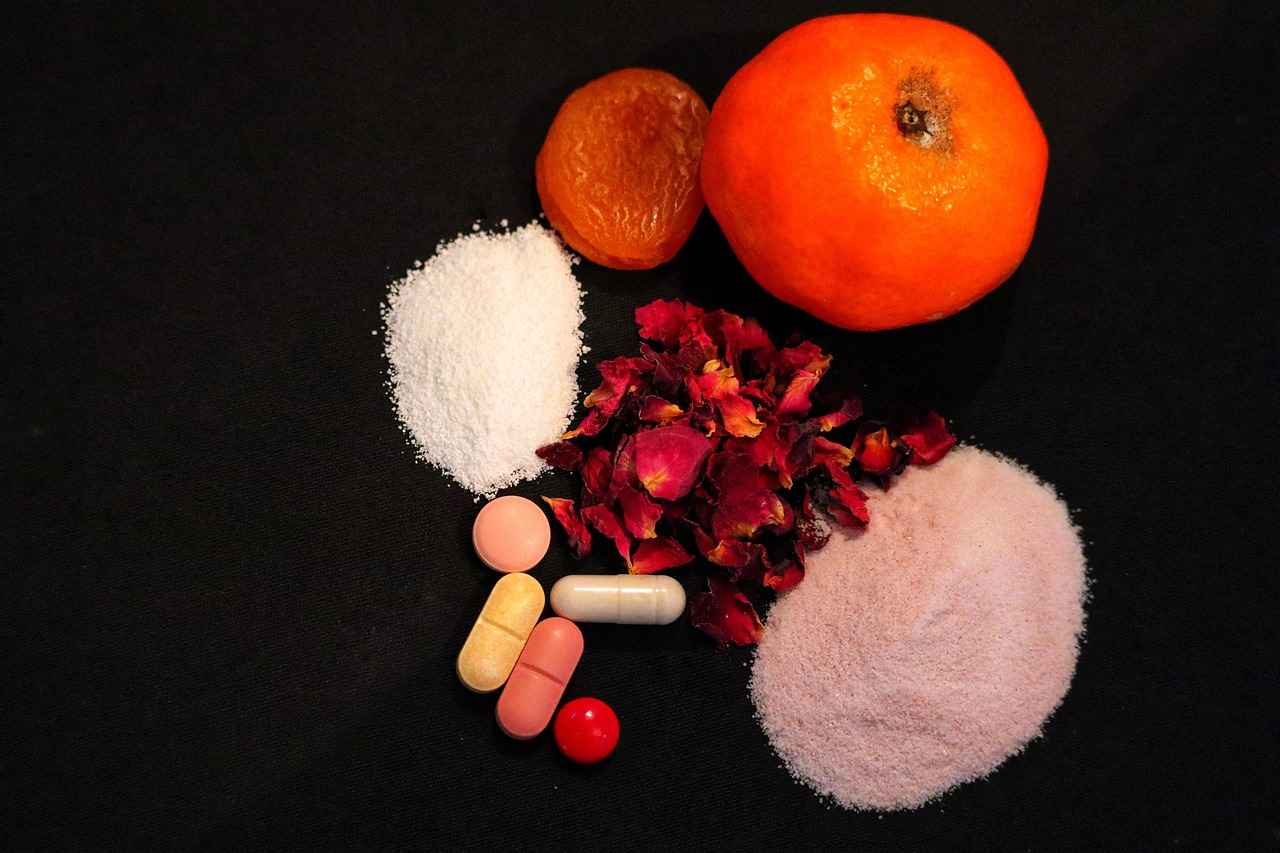
Potential Side Effects and Considerations
While Pygeum Africanum is generally regarded as a safe herbal remedy for prostate health, it is crucial to understand the potential side effects associated with its use. This knowledge empowers users to make informed decisions regarding their health and well-being.
Common Side Effects of Pygeum Africanum
- Gastrointestinal Discomfort: Some individuals may experience mild digestive issues, such as nausea or diarrhea, particularly when starting the supplement.
- Headaches: A small percentage of users report headaches, which could be linked to individual sensitivity to the herb.
- Allergic Reactions: Although rare, allergic reactions may occur; symptoms can include rashes or itching.
Who Should Avoid Pygeum Africanum?
It is advisable for certain individuals to consult a healthcare professional before incorporating Pygeum Africanum into their regimen:
- Those with existing medical conditions, particularly hormonal imbalances or prostate cancer, should seek advice.
- Individuals taking medications that affect hormone levels or blood thinners may also need to avoid this supplement.
- People with known allergies to plants in the Prunus family should exercise caution.
Consulting Healthcare Professionals
Before starting any new supplement, including Pygeum Africanum, it is essential to consult with healthcare professionals. They can provide personalized advice based on individual health needs and potential interactions with other medications.
Conclusion
Understanding the potential side effects and considerations of Pygeum Africanum is vital for safe usage. By being informed and consulting with healthcare providers, individuals can effectively incorporate this herbal remedy into their health regimen, maximizing its benefits while minimizing risks.
Common Side Effects
While Pygeum Africanum is widely regarded as a beneficial herbal remedy, it is essential to acknowledge that some users may experience mild side effects. These effects can vary significantly among individuals, emphasizing the need for personal monitoring.
Among the most frequently reported side effects are:
- Gastrointestinal discomfort: Some users may encounter issues such as nausea, diarrhea, or stomach cramps. This discomfort can often be mitigated by taking the supplement with food or adjusting the dosage.
- Headaches: Another common reaction includes mild headaches, which may occur as the body adjusts to the supplement. Staying hydrated and ensuring adequate rest can help alleviate this symptom.
It is important to note that while these side effects are generally mild, they can affect the overall experience of using Pygeum Africanum. Therefore, individuals considering this supplement should be aware of their body’s reactions and consult healthcare professionals if they experience persistent discomfort.
Moreover, the importance of monitoring individual reactions cannot be overstated. Each person’s body may respond differently to herbal supplements, and what works for one may not work for another. Keeping a record of any side effects can provide valuable insights for both the user and their healthcare provider.
In summary, while Pygeum Africanum is a promising option for supporting prostate health, awareness of potential side effects is crucial. Individuals should approach its use with caution, ensuring they are informed and prepared for any reactions they may encounter.
Who Should Avoid Pygeum Africanum?
While Pygeum Africanum is widely recognized for its potential benefits in promoting prostate health, it is essential to understand that this herbal remedy may not be suitable for everyone. Certain individuals should exercise caution and seek professional medical advice before incorporating Pygeum Africanum into their health regimen.
- Individuals with Allergies: Those who have known allergies to plants in the Rosaceae family may experience adverse reactions to Pygeum Africanum. Symptoms can include skin rashes, itching, or respiratory issues.
- People with Existing Medical Conditions: Individuals suffering from conditions such as prostate cancer or severe liver disease should consult healthcare professionals before using this supplement. The interaction between Pygeum Africanum and certain medical conditions is not fully understood and may pose risks.
- Pregnant and Nursing Women: There is insufficient research on the effects of Pygeum Africanum during pregnancy and lactation. Therefore, it is advisable for pregnant or nursing women to avoid its use unless recommended by a healthcare provider.
- Those Taking Medications: If you are currently taking medications, especially those that affect hormone levels or blood thinners, it is crucial to discuss with your doctor before starting Pygeum Africanum. Interactions may alter the effectiveness of your medications or increase the risk of side effects.
In summary, while many men may benefit from the use of Pygeum Africanum for prostate health, it is vital for certain individuals to consult healthcare professionals to ensure safety and appropriateness. This step can help mitigate any potential risks and ensure that the supplement aligns well with their overall health needs.
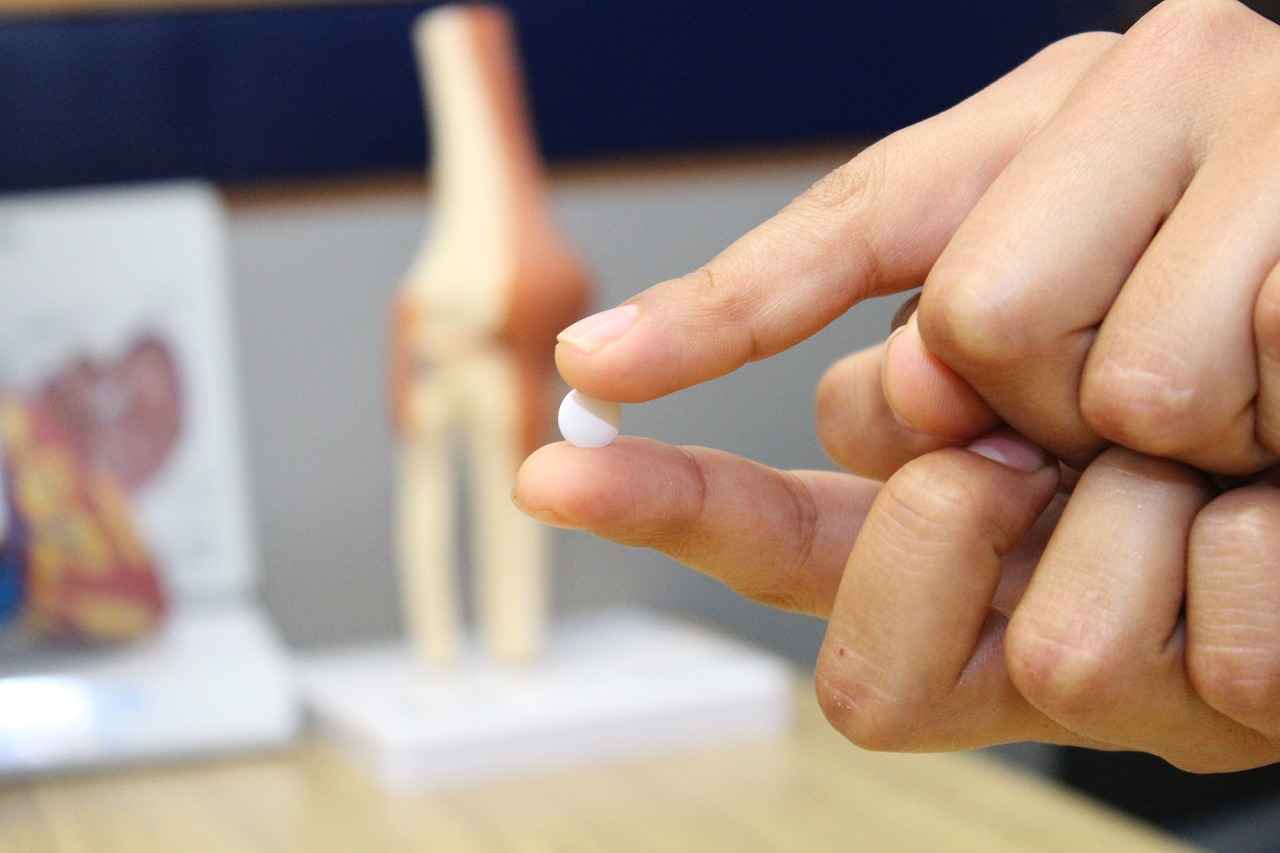
How to Incorporate Pygeum Africanum into Your Routine
Incorporating Pygeum Africanum into your daily routine can be a straightforward process, especially when you understand the best practices that enhance its benefits. This herbal remedy, renowned for its potential in supporting prostate health, can be easily integrated into various aspects of your lifestyle.
- Choosing the Right Form: Pygeum Africanum is available in multiple forms, including capsules, extracts, and teas. Each form has its own unique benefits and absorption rates. For instance, capsules offer convenience, while teas can provide a soothing experience. Consider your personal preferences and lifestyle when selecting the right form.
- Establishing a Consistent Routine: Consistency is key when taking Pygeum Africanum. Aim to incorporate it into your daily routine at the same time each day. This can help maximize its effectiveness and ensure you do not forget to take it.
- Pairing with Other Supplements: If you are taking other supplements for prostate health, consult with a healthcare professional to ensure that Pygeum Africanum can be safely combined with them. This can enhance overall benefits and provide a more comprehensive approach to health.
- Monitoring Your Body’s Response: Pay attention to how your body responds to Pygeum Africanum. While many individuals tolerate it well, some may experience mild side effects. Keeping a journal of your experiences can help you track any changes and discuss them with your healthcare provider.
- Consulting Healthcare Professionals: Before starting any new supplement, including Pygeum Africanum, it is crucial to consult with a healthcare professional. They can provide personalized advice based on your health status and needs, ensuring safe and effective use.
By following these steps, you can seamlessly incorporate Pygeum Africanum into your daily routine, potentially enhancing its benefits for prostate health and overall well-being. Remember, a thoughtful approach to supplementation can lead to more significant health improvements.
Choosing the Right Form
of Pygeum Africanum is essential for maximizing its health benefits, especially when it comes to prostate health. This herbal remedy comes in various forms, including capsules, extracts, and teas, each offering unique advantages and levels of convenience for users.
When considering capsules, they are often favored for their precise dosage and ease of consumption. Capsules typically contain standardized extracts, ensuring that users receive a consistent amount of the active ingredients. This format is particularly beneficial for those who prefer a straightforward approach to supplementation without the need for preparation.
Extracts, on the other hand, offer a more concentrated form of Pygeum Africanum. These can be taken in liquid form or as tinctures, allowing for rapid absorption into the bloodstream. Extracts may be ideal for individuals seeking a more potent effect or those who are dealing with more severe prostate issues. However, the dosage might require careful measurement to avoid potential side effects.
For those who enjoy a more traditional approach, teas made from the bark of the African plum tree can provide a soothing experience. Drinking tea allows for a gentle introduction of the herb into the body, which can be particularly appealing for individuals who prefer natural remedies. However, the effectiveness can vary based on brewing time and the quality of the tea leaves.
Ultimately, the choice of form should align with personal preferences, lifestyle, and specific health needs. It is advisable to consult with healthcare professionals before starting any new regimen to ensure that the selected form of Pygeum Africanum is appropriate for individual health circumstances.
In conclusion, whether opting for capsules, extracts, or teas, understanding the differences and benefits of each form can significantly influence the effectiveness and ease of use of Pygeum Africanum in supporting prostate health.
Consulting Healthcare Professionals
before initiating any new supplement regimen, including Pygeum Africanum, is a critical step towards ensuring both safety and effectiveness tailored to individual health needs. This proactive approach can significantly enhance the user’s experience and health outcomes.
Healthcare professionals, such as doctors or registered dietitians, possess the expertise to assess personal health conditions and medication interactions. They can provide insights into how Pygeum Africanum may fit into a broader health strategy, particularly for those with pre-existing conditions or those taking other medications. This tailored guidance is essential, as it helps to avoid potential side effects and ensures that the supplement is appropriate for the individual’s unique health profile.
Furthermore, consulting a healthcare provider can help establish the correct dosage and form of Pygeum Africanum, whether in capsules, extracts, or teas. Different forms may have varying absorption rates and effectiveness, and a professional can recommend the most suitable option based on personal preferences and lifestyle.
It is also important to discuss any history of allergies or adverse reactions to herbal supplements with a healthcare provider. This information can prevent complications and promote a safer experience when incorporating new supplements into one’s routine.
In addition, healthcare professionals can offer ongoing support and monitoring, ensuring that any changes in health status are addressed promptly. This collaborative approach not only fosters better health outcomes but also empowers individuals to make informed decisions about their health.
In conclusion, the importance of consulting with healthcare professionals cannot be overstated. Their expertise ensures that the use of Pygeum Africanum is both safe and effective, paving the way for improved prostate health and overall well-being.

Conclusion: The Future of Pygeum Africanum in Prostate Health
As the field of herbal medicine continues to evolve, Pygeum Africanum stands out as a promising natural remedy for enhancing prostate health. This remarkable plant, derived from the bark of the African plum tree, has been used for centuries in traditional medicine to address various prostate-related issues. Recent scientific studies have begun to validate these historical uses, highlighting its potential role in modern health practices.
Research indicates that Pygeum Africanum may be particularly effective in alleviating symptoms associated with Benign Prostatic Hyperplasia (BPH). Many men experience discomfort due to an enlarged prostate, leading to frequent urination and disrupted sleep. The anti-inflammatory properties of Pygeum Africanum can help reduce these symptoms, promoting better urinary flow and overall well-being.
Moreover, the versatility of Pygeum Africanum allows for various preparation methods, including capsules, teas, and tinctures. This flexibility makes it accessible for different preferences and lifestyles. However, it is essential for individuals to consult with healthcare professionals before incorporating this herbal remedy into their routines, ensuring that it aligns with their specific health needs.
Despite its benefits, potential users should be aware of the possibility of mild side effects, such as gastrointestinal discomfort. Monitoring individual reactions is crucial for safe usage. As more research emerges, the understanding of Pygeum Africanum will continue to grow, further establishing its role in prostate health.
In conclusion, Pygeum Africanum represents a natural alternative for those seeking relief from prostate-related issues. Its historical significance, combined with modern scientific validation, positions it as a valuable option in the realm of men’s health. As research progresses, the future looks bright for this herbal remedy, promising enhanced prostate health for many.



